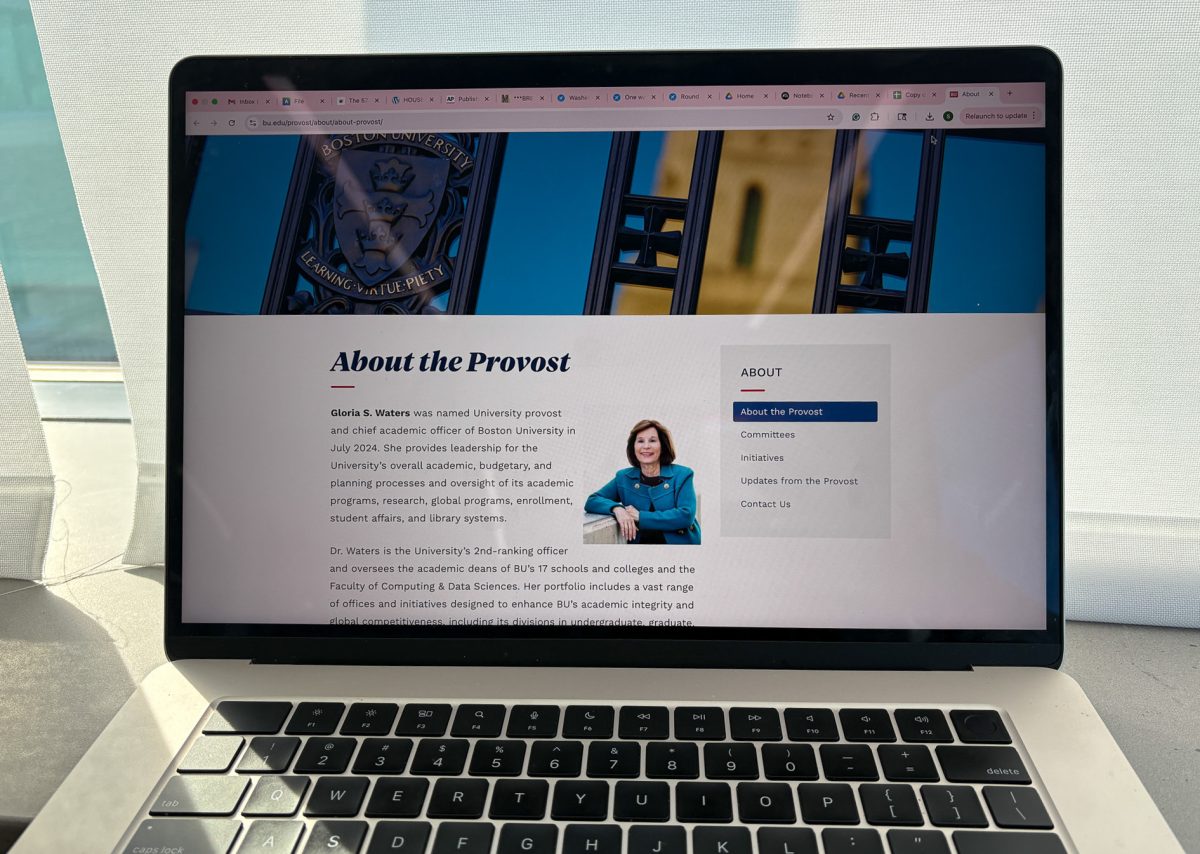The opening of Student Village Phase II in the fall will end undergraduate housing at the Hyatt Regency hotel in Cambridge and increase Charles River Campus housing by offering apartments and suites for 960 sophomores, juniors and seniors, Boston University Housing Director Mark Robillard said.
‘The last eight years, we used hotels, but we have no plan to use hotels next year,’ Robillard said. ‘We’re able to provide housing for all transfer students and those who are on leave of absence if they want to come back. Our capacity is going to be around 11,540 and should increase by 9 percent.’
College of Arts and Sciences junior Melvin Zhang, who lived in the Hyatt fall 2007, said the change will benefit students. The Hyatt has 200 rooms for 400 students, front desk attendant Ahlia Ballkishun said.
‘It’s really weird living in a hotel in college, and I couldn’t get over it,’ Zhang said. ‘I think it’s a good decision because Student Village is new and closer.’
Keio University Japan exchange student junior Shoko Tanaka said living at the Hyatt had advantages and disadvantages.
‘I really liked living in the Hyatt last semester because we didn’t need to clean, but I didn’t like the inconvenience of the transportation system,’ Tanaka said. ‘Even though there’s a Peter Pan [bus] that goes between the campuses, it’s not punctual. We ended up walking over to the campus.’
When students get accustomed to staying on-campus, the demand will again increase, leaving BU without enough housing to meet demand, Robillard said. He said BU was hesitant to build more on-campus housing because of budget and space constraints, however.
‘From 2010 and beyond, we’re going to be in a situation where demand exceeds our supply,’ Robillard said.
BU spokesman Colin Riley said in the event of an imbalance of supply and demand, it may be necessary to again temporarily house students in local hotels.
‘[Hotel housing] provides the flexibility without forcing students into rooms beyond their capacity,’ Riley said.
Riley said moving students out of area hotels offered no costs savings for BU because money previously spent on hotels would go into construction and maintenance costs of BU housing.
Meanwhile, the demand for on-campus housing is the same as last year at about a little more than 7,500 continuing students, Robillard said.
‘People feel safer living on campus,’ Robillard said. ‘We’ve got the BU police and RAs’ ‘ to help if you get in trouble. There is a sense of community and shared identity as a member of a larger group. You’re also on a convenient location with resources for everyday life.’
Staff writer Camille Roane contributed to the reporting of this article.
























































































































